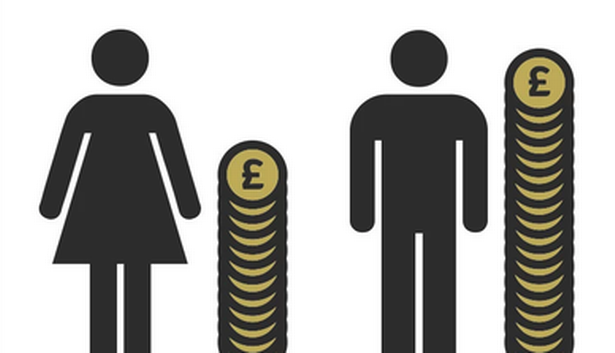Analysis published by the TUC on International Women’s Day today (Thursday) finds that the average woman has to wait more than two months of the calendar year before she starts to get paid, compared to the average man.
The current gender pay gap for full-time and part-time employees stands at 18.4%. This pay gap means that women effectively work for free for the first 67 days of the year, until they begin to get paid on Women’s Pay Day today.
In a number of key industries – even in those dominated by female workers – gender pay gaps are even bigger, which means Women’s Pay Day is even later in the year:
In education the gender pay gap is currently 26.5%, so the average woman effectively works for free for more than a quarter of the year (97 days) and has to wait until the 7 April before she starts earning the same as the average man.
In health and social work, the average woman waits 69 days for her Women’s Pay Day on 10 March but the longest wait for Women’s Pay Day comes in finance and insurance. There the gender pay gap is the equivalent of 130 days – more than a third of the year – before Women’s Pay Day finally kicks in on 10 May.
TUC General Secretary Frances O’Grady said:
“Nearly 50 years since the Ford machinists went on strike at Dagenham, the UK still has one of the worst gender pay gaps in Europe. Women effectively work for free for two months a year.
“Companies publishing information on their gender pay gaps is a small step in the right direction but it’s nowhere near enough. Women in the UK will only start to get paid properly when we have better-paid part-time and flexible jobs. And higher wages in key sectors like social care.
“Workplaces that recognise unions are more likely to have family friendly policies and fair pay. So a good first step for women worried about their pay is to join a union.”
Meanwhile the Labour Party has announced that it will force employers to publish their gender equality practices.
The economy and businesses also stand to benefit, with a recent PwC report estimating that closing the gender pay gap could bring benefits to the UK economy of £90 billion says the party.
Dawn Butler MP, Labour’s Shadow Minister for Women and Equalities, said:
“In 1970 Labour introduced the Equal Pay Act but nearly 50 years later, women are still paid on average over 14 per cent less than men.
“It’s time to close the gender pay gap once and for all. But to address these deep rooted inequalities, we need action, not just audits.
“The next Labour government will require all large employers to prove how they plan to tackle their gender pay gaps and prove they are equal pay employers.
“Labour will make it a priority to close the gender pay gap and tackle the structural barriers facing women across our society, creating a country that truly works for the many, not the few.”







